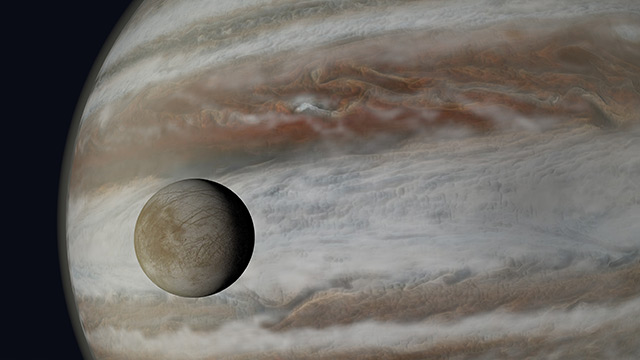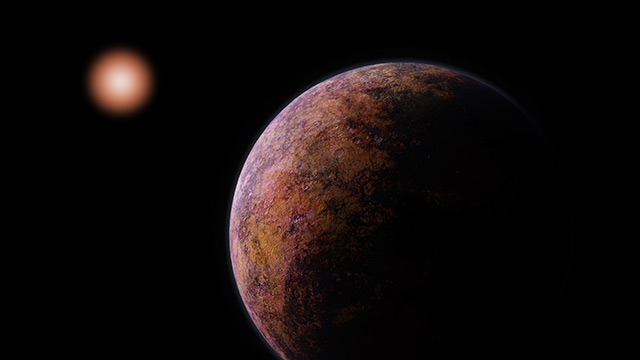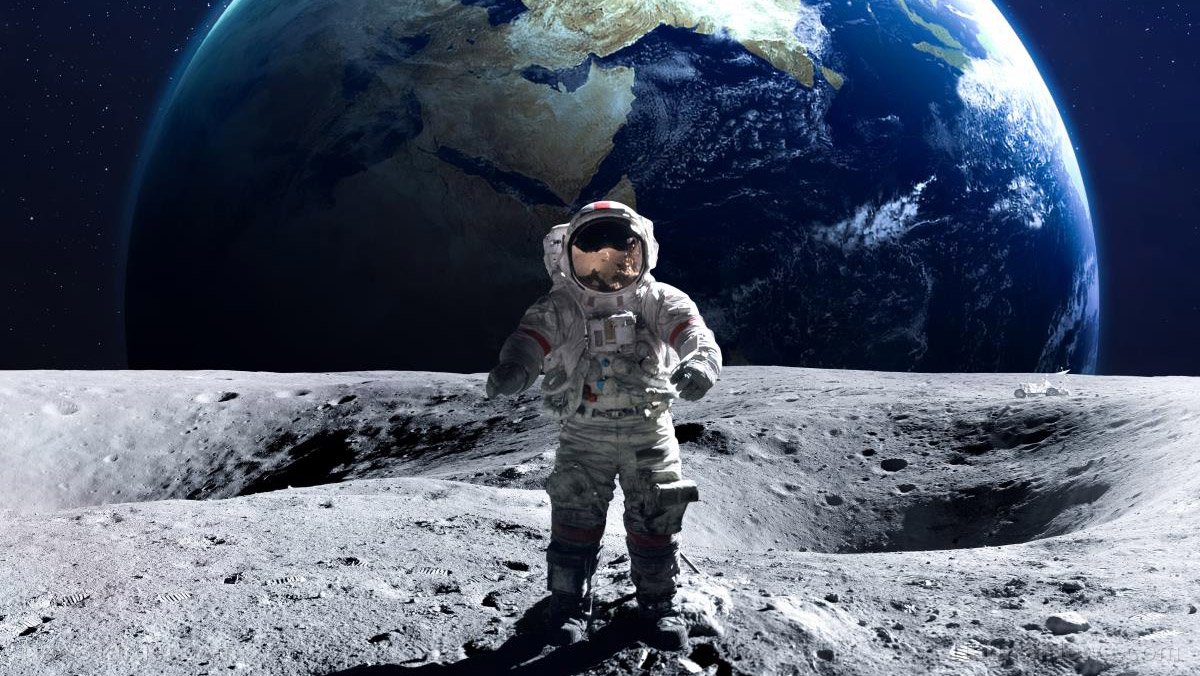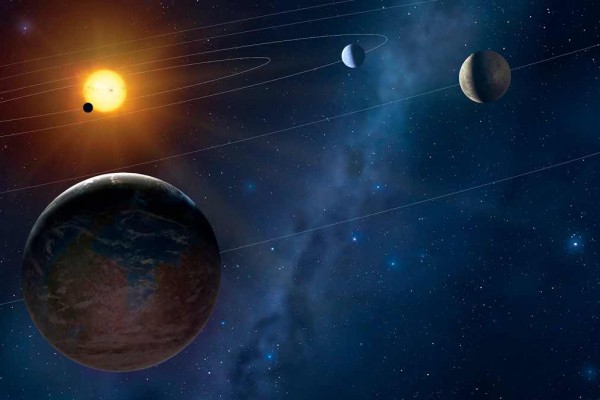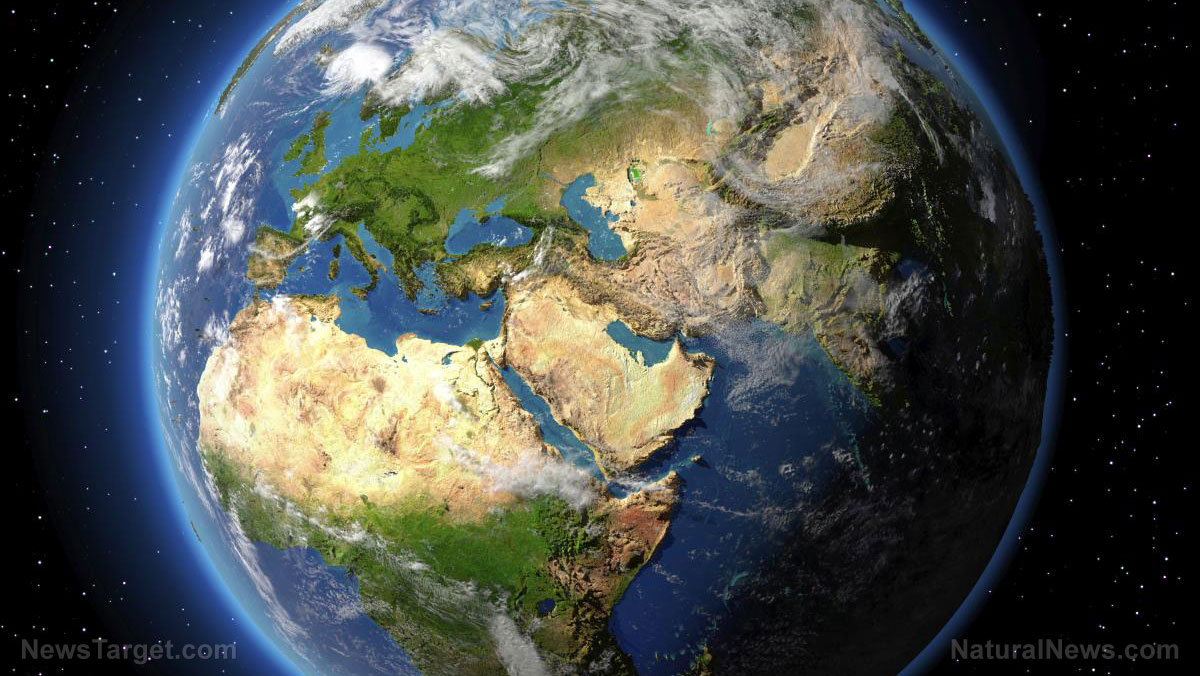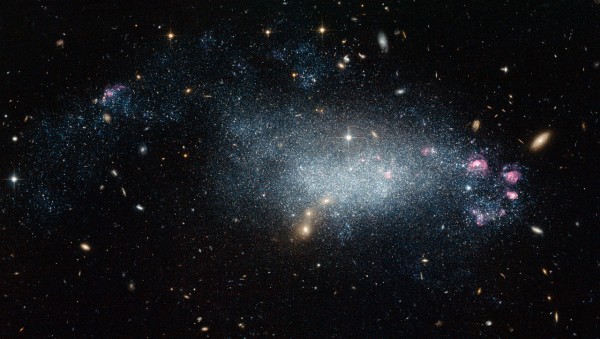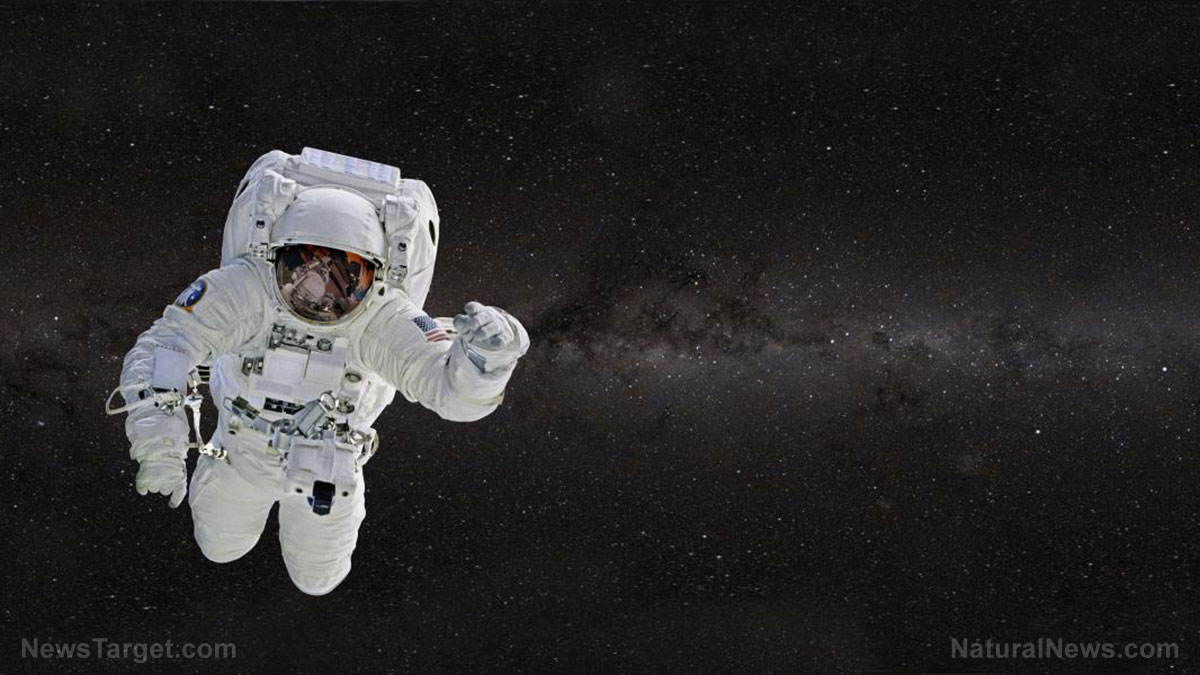How important is it for human beings to push new frontiers?
(Article by Adam Frank)
Is it just something that a few us are inclined toward — like searching out a new, untried restaurant rather than falling back on something familiar — or is it essential to our species’ success? Could the need to take risks and expand into new territory be hardwired into our genetic make up? If so, does that mean expanding into space and the other worlds of our solar system is an imperative, rather than a luxury?
I recently finished astronomer Chris Impey’s wonderful book Beyond: Our Future in Space. Impey begins with an account of the small bands of humans who left Africa some 70,000 years ago and went on — quickly — to settle the rest of the planet. As he puts it:
“Around 65,000 years ago, we first ventured out of the continent of our origin. The route from the Horn of Africa to the Arabian Peninsula was probably across the Bab el-Mandeb strait. Today that strait is one of the world’s busiest shipping lanes; at that time, after the last ice age had lowered sea levels, it was merely a narrow, shallow channel.”
The group that left was no more than a thousand or so in number, and they likely left in waves of smaller tribes. Within 20,000 to 30,000 years, they’d spread to Asia, Australia and Europe. By 16,000 years ago, they had made it across the land bridge of the Bering Sea to settle North and South America (though they may have crossed the ocean).
For Impey, this push across the planet is a testimony to a spirit of exploration and risk-taking that’s built into the very fabric of bodies. Over the last few decades, researchers have identified what some have called the “wayfarer gene.” It’s known in scientific circles as DRD4 and its variant 7R. As David Dobbs describes it an excellent piece in National Geographic:
“…several studies tie 7R to human migration. The first large genetic study to do so, led by Chuansheng Chen of the University of California, Irvine in 1999, found 7R more common in present-day migratory cultures than in settled ones. A larger, more statistically rigorous 2011 study supported this, finding that 7R, along with another variant named 2R, tends to be found more frequently than you would expect by chance in populations whose ancestors migrated longer distances after they moved out of Africa.”
Of course no single gene can account for behavior. Environment and culture play equally important roles in determining human behavior. In his article, Dobbs describes the remarkable expansion of the Polynesians across the vast expanse of the Pacific Ocean. That expansion was rapid, as long as the new islands to be settled were in visible range of those already inhabited. Once open ocean was reached, the expansion halted until émigrés from what is now South China provided the next boost in terms of a new technology — better ships. “These boats were ships, really: long canoes with sails, outriggers, and far greater speed and range,” Dobbs writes. With the technology, the Polynesians push onward — eventually reaching as far (perhaps) as the Americas.
So it would seem we are built for exploration — but it’s not just in our genes. The wanderlust is also in our hands (for building) and our imaginations (for making new tools).
And why does any of this matter? Well, once again we are poised at the edge of a great sea. This time it’s called space.
There are those who believe humanity needs a frontier. We need a horizon to focus our energies. We make heroes out of those who brave those frontiers — even if they do not return — because they act out something ancient and important in us.
That is why space matters. If we can navigate the bottleneck of sustainability and climate change lying directly in our path, then, once again, there will be new and distant shores awaiting us. While some say we need to clean up our act at home before we venture outward, the irony of the present moment may be that the two needs are linked.
We can only clean up our act here at home — meaning learning to live sustainably on this planet — because we discovered how planets work in our push outwards. All that space science gave us the much needed view (and understanding) of Earth’s functioning as a planet in its full totality.
So, yes, it seems we were born to explore and push outwards. The combination of evolution and culture made us explorers and wanderers. Now — with so much to gain — we should recognize that explicitly and see exactly where our next frontier lies.
At our feet and far overhead.
Read more at: npr.org






